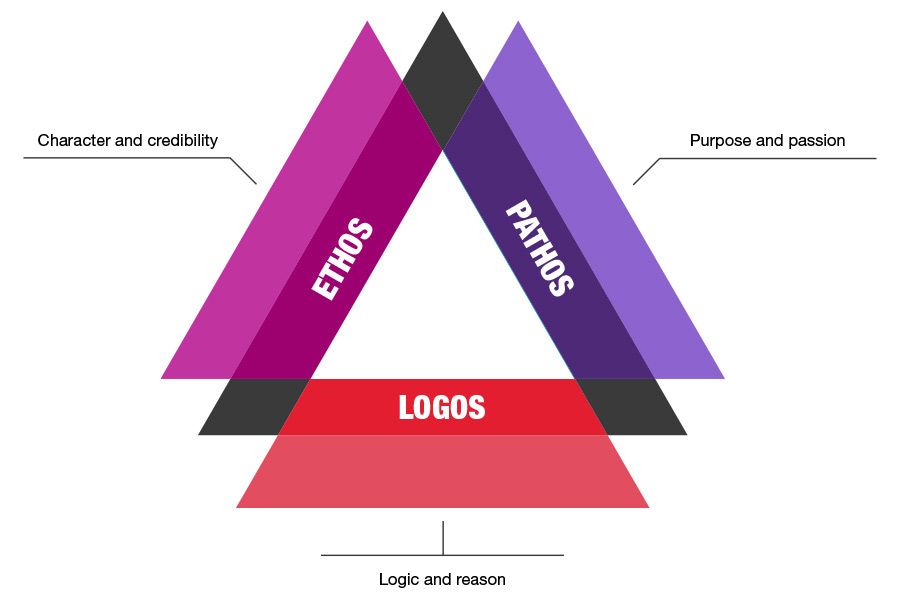Fiduciary — it’s all Greek to me!

What the ancient Greek philosopher Aristotle can teach us about communicating a fiduciary standard of care.
Gobbledygook is the kindest word that comes to mind to describe the abstruse language many in our industry use to communicate a fiduciary standard of care. Those who don’t know diddly about fiduciary often obfuscate their lack of understanding with legalistic tomes and monographs.
To quote Albert Einstein, “Everything should be made as simple as possible, but no simpler.”
When describing a fiduciary standard, simpler almost always is preferable to complex. Indeed, neuroscience suggests that complexity often inhibits the formation of trust.
To illustrate, consider the concept of “persuasive discourse” — communication that is intended to convince others to adopt an idea, attitude or action. Though rarely, if ever, referenced in fiduciary circles, persuasive discourse is a critical success factor to building trust.
The ancient Greek philosopher Aristotle is credited with using a simple three-part model — ethos, pathos and logos — to describe the essential elements of persuasive discourse. We can use this same approach to more effectively communicate a fiduciary standard.

Ethos is a continuum of three elements — your core values, behavior and decision-making. It’s how others perceive your character and credibility. What all great fiduciaries and organizations share in common is that they have a well-defined ethos.
Complex regulations, disclosures, and service agreements do little to capture the essence of your ethos, which is why often they do more harm than good in communicating a fiduciary standard.
Pathos is your ability to communicate a sense of purpose — your response to a higher calling. It’s your capacity to connect with others and provide shared visions and strategies that engage, gain commitment and alignment, and inspire higher levels of performance.
Fiduciary is about living your sense of purpose while engaging deeply with others.
You got your first glimpse of a sense of purpose when your first-grade teacher asked you to draw a picture of what you wanted to become when you grew up. Chances are you drew a selfless servant — a nurse, doctor, police officer or firefighter. If you’ve never pondered this point before, consider, that as a fiduciary, you’ve become the selfless servant that you envisioned as a child.
Logos is your capacity to communicate logic and reason — it’s your ability to bring clarity out of what appears to be chaos.
Logos also is the capacity to understand your own self within changing roles and requirements, and the ability to adjust and adapt thoughts and behaviors to enact more appropriate responses to ill-defined, changing, and evolving situations.
A critical component of logos — and to communicating a fiduciary standard — is to define a universal decision-making framework that provides clear guidance to practical, readily identifiable, and easily adaptable steps. Such an approach guides consistent decision-making, which reduces liability risk, and facilitates delegation to staff, money managers, and other service providers.
A fiduciary standard can easily be communicated by taking an integrated approach to bind ethos, pathos and logos. Otherwise…
If ethos is missing, your clients will feel anxious.
If pathos is missing, your clients will disengage.
If logos is missing, your clients will feel confused.
Fiduciary — it doesn’t need to be complicated.
[More: 7 ways crises changed our understanding of fiduciary]
Don Trone is CEO of the new Center for Board Certified Fiduciaries.
Learn more about reprints and licensing for this article.








